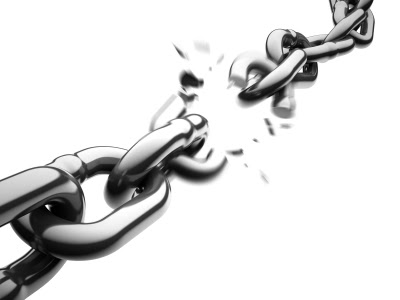While it can be debated whether there have been actual monarchies and about what anarchy would look like, I think it effectively conveys the difference between a republic and a democracy. We were not intended to just be simple majority rule nation. That can be seen in how the US founders required 2/3 majority of both houses of Congress to pass it AND 3/4 of all states ratifying it to enact a Constitutional amendment. It was not intended to be easy to make changes; to increase the reach and power of the national, federal government.
And I hope that everyone agrees that an oligarchy is undesirable. Even in the case where that oligarchy is several thousand in size, consisting of elected officials, bureaucrats, and various "experts", you still run into problems of bias, corruption and mistakes creating unforeseen problems that pervade the entire country or market.

Though I disagree with the 1 dimensional description of the political spectrum. I believe that it is a 2D spectrum similar to the Nolan Chart.
To me, this is a good example of the two ideas of Liberty and "Security" with regard to both Personal and Economic issues.
In this particular example, it places individuals to represent where their views are located. While you can disagree with the placement of the individuals in that example, the chart itself is great to map out most anyone's nuanced political views.
At the same time however, I'm willing to settle with simply going back to federalism. As long as the federal government gets out of the habit of making national laws regarding personal and economic matters and leaves that up to the states as was originally intended (see Ninth and Tenth amendments) then I think we'd all be better off.
Even many progressives believe that the idea of "laboratories of democracy"; of having 50 individual states attempting to find solutions to problems is more efficient and effective than a single national attempt which can take 20, 30, 50, 100 years to recognize as a bad idea. And by then, the political debate all too often revolves around how to fix the problem created by the implemented solution instead of asking, "Is there a different, better solution to the original problem?"
For the curious, I believe I fall between the classical liberal and the market liberal.
I suppose there could be some entertainment from telling people I'm a liberal, then go on to describe my views :)
